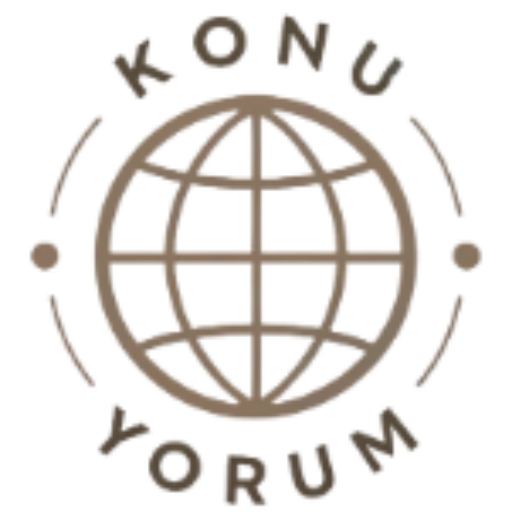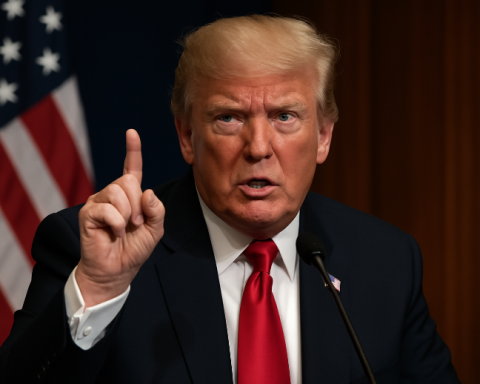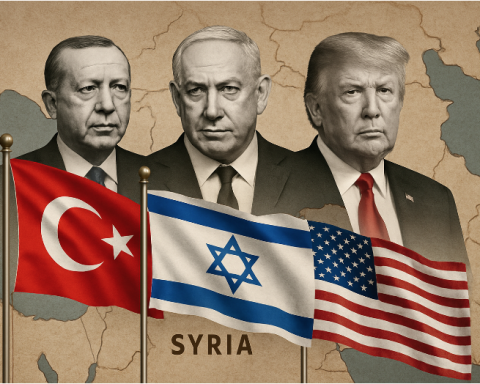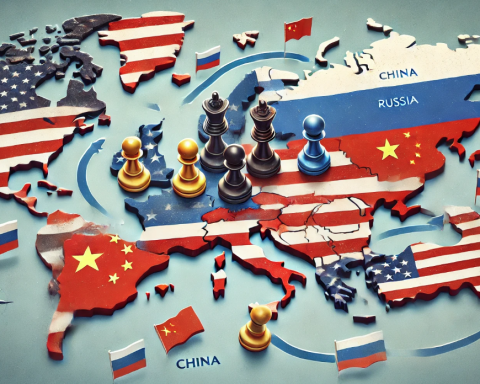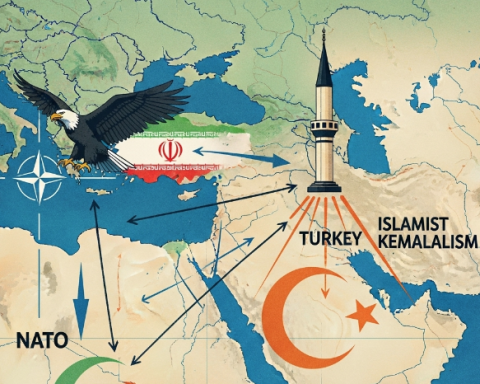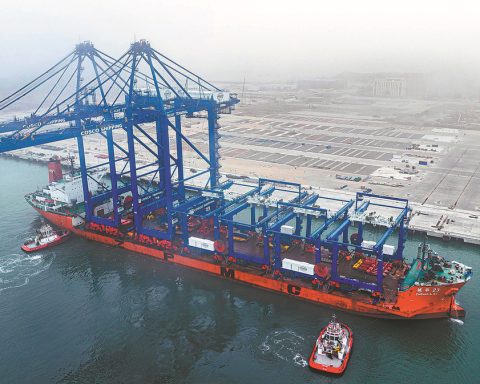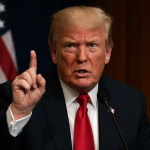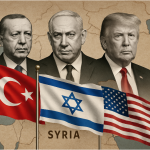On the brink of a ceasefire and peace, a new balancing in International Relations is being observed. The upcoming meeting in Istanbul between Russia and the United States can be seen not only as a strategic step by the two major powers in Crisis Management but also as a harbinger of an era where International Norms, power relations, and mediation roles are being reexamined.
Structural Tensions in the International System
From a Realist Perspective, the existence of interstate competition and power struggles makes dialogue and negotiation essential during crises. In this context, the statements made by Russia’s Foreign Minister, Lavrov, give the impression that the bipolar world has found a soft space for civilian intervention. The negotiations can be viewed as a temporary balancing measure aimed at bringing the parties closer together. However, it is important to remember that such ceasefire initiatives are always the result of Strategic Calculations and that structured trust mechanisms are needed for long-term peace.
Liberal Approach and Institutional Mediation
Liberal theorists emphasize the significance of international institutions and the role of states acting as mediators in establishing peace. Turkey’s role in this process serves as a critical example of mediation for both regional and global peace. The intense exchange of contacts between the two parties is promising not only in halting military conflict but also in building diplomatic trust. Moreover, holding the meeting in a historically and strategically significant city like Istanbul can be interpreted as a herald of a new era in the regional balance of power.
Security Assurances and the Sustainability of the Ceasefire
Another key issue at the center of the negotiations is the conditions under which the potential ceasefire can become permanent. Establishing security assurances will not only limit the military maneuvers of the parties but will also contribute to creating an order within the framework of international law and norms. In this regard, it is necessary to take concrete steps toward sustainable peace that go beyond immediate political moves and short-term strategic calculations. This process may also redefine the role of the international community during times of crisis.
On the Threshold of a New Era
These high-level talks in Istanbul revive the core debates of international relations theory. The balance of power among states, the role of institutions in securing peace, and the enforceability of international norms are emerging as decisive factors in this process. With the mediation of a strategic actor such as Turkey, the two major powers might pave the way for lasting peace. However, the long-term success of this initiative will represent not only a diplomatic achievement but also the construction of a sustainable order in the international system.
This critical moment is not merely an example of crisis management in international relations; it is also a beacon of hope for the restructuring of peace. The dialogue between the parties offers significant insights into the future model of peaceful international relations.
This article was produced with the support of a comprehensive survey of international media and artificial intelligence.
